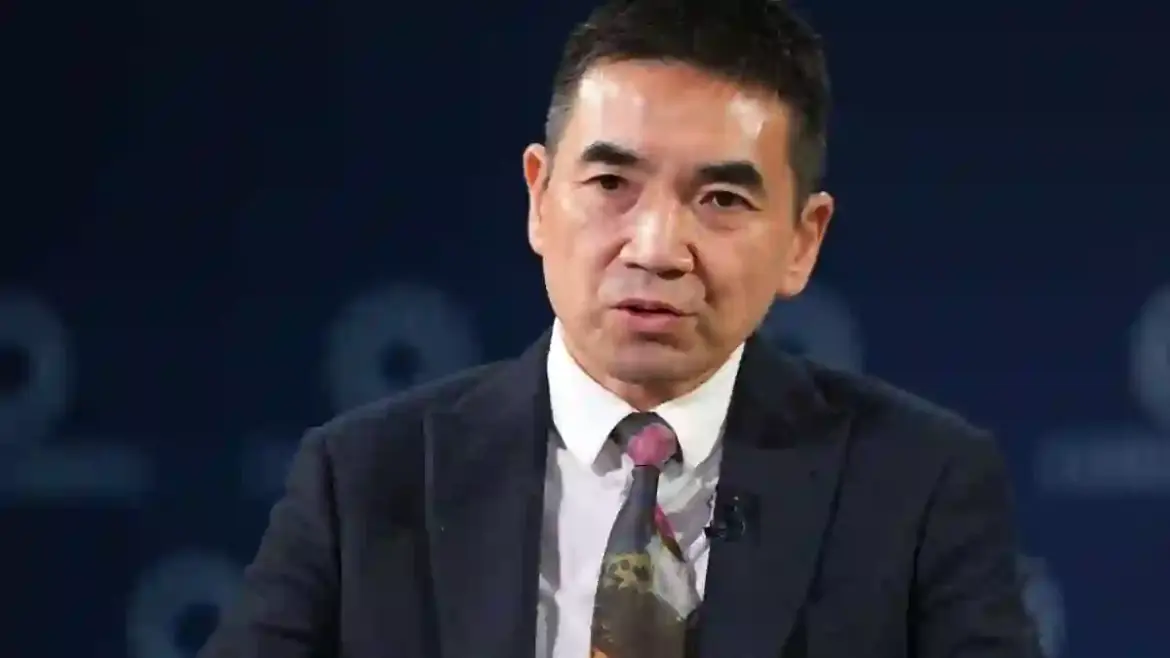The way we work could be on the verge of a major transformation. Zoom CEO Eric Yuan has joined a growing chorus of tech leaders questioning whether the traditional five-day workweek still makes sense in an age of artificial intelligence.
“I feel like if AI can make all of our lives better, why do we need to work for five days a week?” Yuan told The New York Times.
His comments reflect a broader discussion in the corporate world about rethinking office life as automation and AI tools continue to reshape how—and when—people work.
Shorter Weeks Could Become the Norm
Yuan predicts that companies may soon adopt three- or four-day schedules, as AI reduces the need for continuous human labor.
For employees, this could mean fewer hours on the clock—or, for some roles, the possibility of being replaced entirely by machines.
“Every company will support three days, four days a week.
I think this ultimately frees up everyone’s time,” Yuan explained.
While he frames the shift as a positive, he admits that job losses are inevitable as AI agents gradually take over tasks once performed by humans.
Tech Giants Echo Yuan’s Vision
Other leaders in the tech world have voiced similar ideas.
Bill Gates, Jensen Huang of Nvidia, and JPMorgan CEO Jamie Dimon have all speculated that AI could drastically reduce human workloads.
Gates, on The Tonight Show, even suggested a two- or three-day workweek could become reality.
Huang agrees that AI is just beginning to revolutionize work, predicting a four-day week while emphasizing that productivity and busyness will increase.
Historically, major technological shifts—like the industrial revolution or the rise of computers and the internet—replaced certain jobs but also created new opportunities in management, engineering, logistics, and digital roles.
Yuan points out that while AI can write code or handle repetitive tasks, humans are still needed to manage and supervise digital agents.
Balancing Productivity and Job Disruption
The efficiency gains from AI come with a cost.
CEOs like Dario Amodei of Anthropic warn of a potential “white-collar jobs armageddon,” while Sebastian Siemiatkowski of Klarna noted that automation allowed his company to replace hundreds of employees without hiring new staff.
Even Jamie Dimon highlights the benefits of AI, suggesting that future generations could work shorter weeks while enjoying longer, healthier lives.
Evidence from Pilot Programs
Real-world experiments with reduced workweeks are already showing positive results.
A 2022 four-day workweek pilot in the UK reported higher employee satisfaction, less burnout, and improved productivity.
In the US, Exos found that trimming a day from the schedule cut burnout in half and increased output by 24 percent.
Tasks like email management, scheduling, and basic coding are increasingly handled by AI assistants—machines that work around the clock without fatigue.
The Future of Work in an AI World
As AI continues to advance, it seems likely that the traditional nine-to-five, five-day workweek will become increasingly rare.
While some fear job losses, others see a new era of creativity, leisure, and efficiency—where humans focus on higher-value tasks while machines handle the repetitive, mundane work.
The question now is not just how we work, but how we define the purpose of work itself in an age of intelligent machines.
